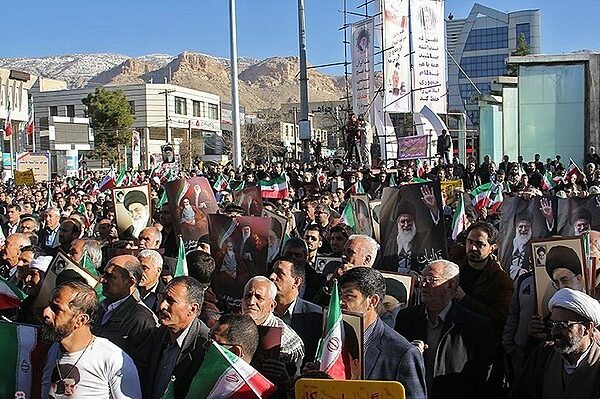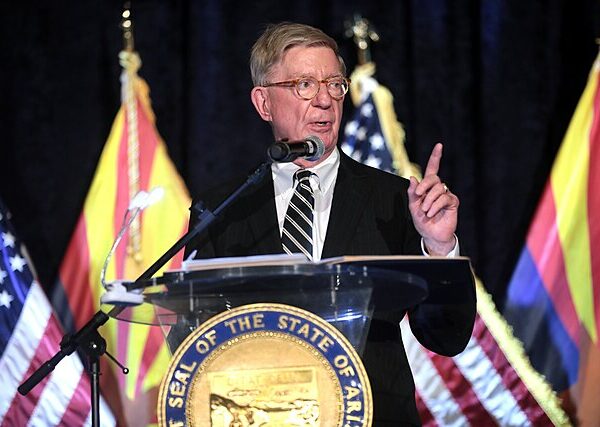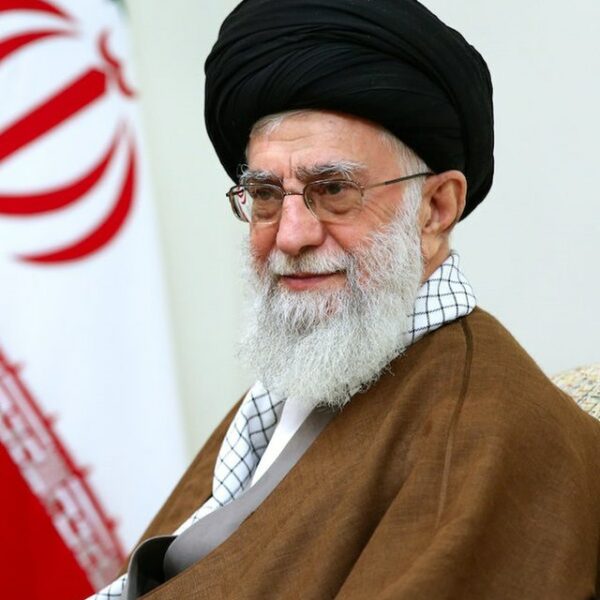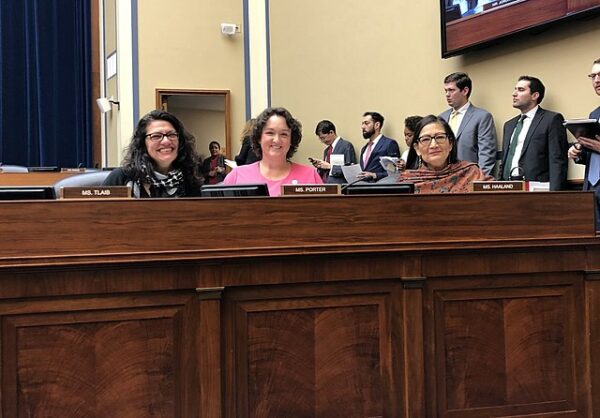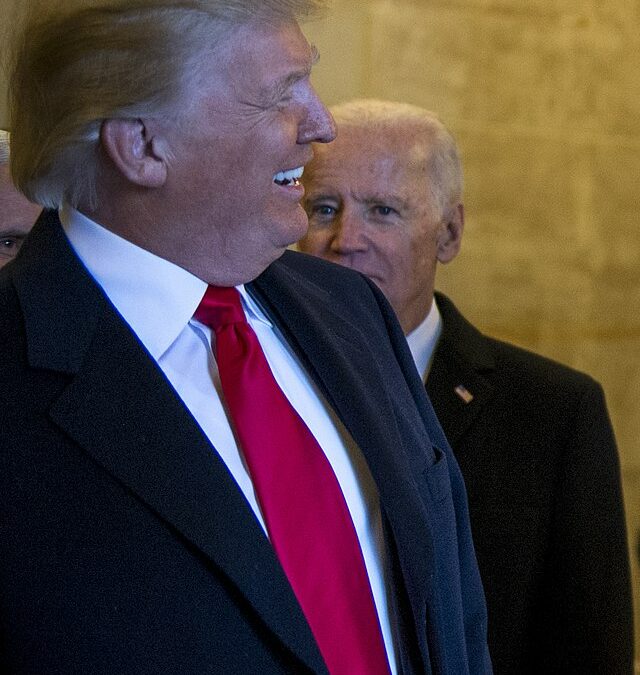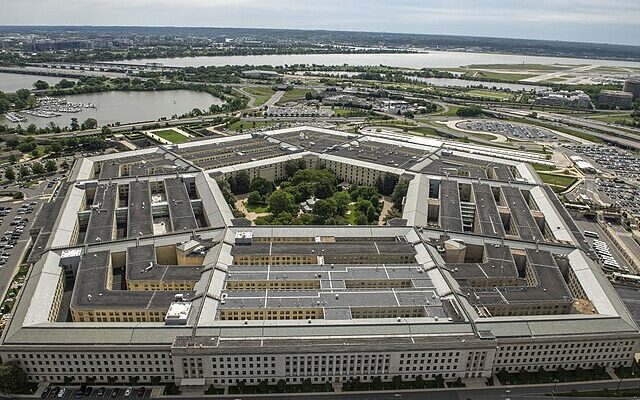
A classified opinion from the Justice Department’s Office of Legal Counsel has quietly granted the Trump administration sweeping authority to carry out lethal strikes against drug cartels and suspected traffickers..
The opinion, previously undisclosed to Congress or the public, concludes that the president may approve deadly force against groups deemed an “imminent threat” to U.S. citizens—extending far beyond organizations formally designated as terrorist entities, writes CNN.
Legal experts warn that the memo’s logic could transform the war on drugs into a boundless military campaign. “If the OLC opinion authorizing strikes on cartels is as broad as it seems, it would mean DOJ has interpreted the president to have such extraordinary powers that he alone can decide to prosecute a war far broader than what Congress authorized after the attacks on 9/11,” said Sarah Harrison, a former Defense Department counsel now at the Crisis Group.
Harrison noted that, under this reasoning, “any small, medium or big group that is trafficking drugs into the U.S.—the administration could claim it amounts to an attack against the United States and respond with lethal force.”
Last week, the Pentagon circulated a memo to lawmakers defending recent strikes on vessels in the Caribbean, describing them as part of an “armed conflict” against cartels, noted The Associated Press. The document, which mirrors the OLC’s reasoning, classified cartel smugglers as “unlawful combatants.” Despite multiple congressional requests, the Justice and Defense Departments have refused to release the OLC opinion.
Attorney General Pam Bondi is expected to face questioning Tuesday over the administration’s legal rationale as reports mount of deadly maritime operations. Officials confirm at least four strikes have taken place in the Caribbean in recent weeks, killing individuals the administration claims were linked to newly designated terrorist cartels.
The most recent strike, off Venezuela’s coast, killed four people. Defense Secretary Pete Hegseth shared a screenshot from the operation on social media, calling the vessel “a narcotics transport.”
Inside the Pentagon, some legal advisers—especially those in the Office of General Counsel—have questioned whether the strikes comply with international law. Several active and retired Judge Advocate General (JAG) officers say the actions may violate long-standing legal norms. “The way forward is just to eat it and put your head down and act in accordance with [Secretary of Defense] Hegseth’s new policies,” one current JAG told CNN. “No JAG is trying to rock the boat or get noticed.”
The OLC’s legal opinion also undergirds a broader escalation across Latin America, including expanded CIA authorities for lethal operations and surveillance. Two officials with direct knowledge said the CIA has been granted new latitude under a revised presidential directive issued this summer.
A former senior intelligence official said the administration has sought to reinterpret a decades-old presidential “finding” authorizing covert counter-narcotics missions—first approved in the 1980s—to give the agency more explicit instructions for targeting cartel figures.
But extending the CIA’s deadly reach carries unique risks. With tens of thousands of U.S. citizens and residents living in the region, experts warn that mistaken strikes could trigger unprecedented legal challenges against the government.
[Read More: China Has Infiltrated Our Roads]

